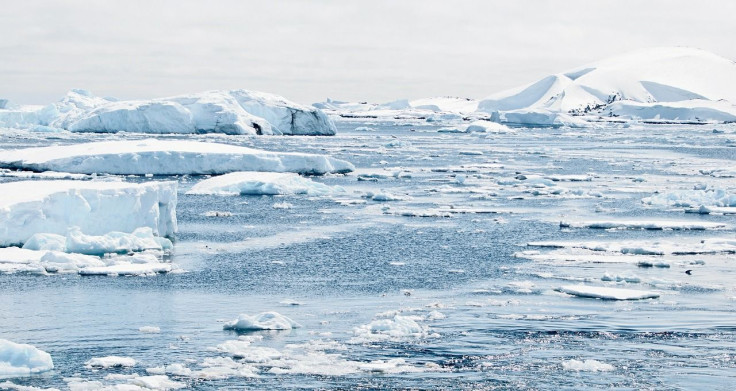NASA's Shocking Discovery: Global Warming Isn't Melting Polar Ice Caps, Analyst Claims

An environmental analyst claims that satellite data collected by NASA revealed polar ice caps have not melted due to global warming. The latest revelation heavily contradicts what climate change alarmists consider as definitive proof of the worldwide environmental crisis.
According to analyst James Taylor, head of the Spark of Freedom Foundation, the current state of the polar ice caps have not receded since NASA started collecting satellite images of them in 1979.
As indicated in NASA’s satellite data, the polar ice caps have maintained its extensive size from 1979 until the early 2000s. Although there are years when the ice caps lost a bit of their size, they were able to quickly bounce back in the following years.
Taylor explained that in the beginning of NASA’s satellite observations, the polar ice caps just came from a 30-year cooling trend, which ended during the late 1970s. This made the polar ice regions significantly larger compared to their past states in the previous decades.
Although they were abnormally large, the state of the polar ice caps in 1979 became the standard baseline in NASA’s study.
By 2005, a slightly constant decrease in the size of the polar ice caps was recorded. Through a post in Forbes, Taylor explained that the polar ice caps receded by about 10 percent since 1979.
Despite the decrease, the analyst maintained that 10 percent wasn’t a significant loss especially since the baseline for NASA’s observation showed an unusually large size for the polar ice caps. In addition, by 2012, the ice caps grew larger again and were even able to surpass their original size average in 1979.
Taylor noted that the recorded decrease from 2005 to 2012 is not enough to be considered as definitive proof of the effect of global warming on the Polar Regions. Instead, the decrease is only an indicator of the fluctuating environmental conditions that Earth’s is experiencing.
According to Taylor, the temporary loss experienced by polar ice caps during these years were not dangerous to humans. Aside from only suffering an insignificant loss, the polar ice caps were still able to substantially recover.
© Copyright IBTimes 2024. All rights reserved.





















